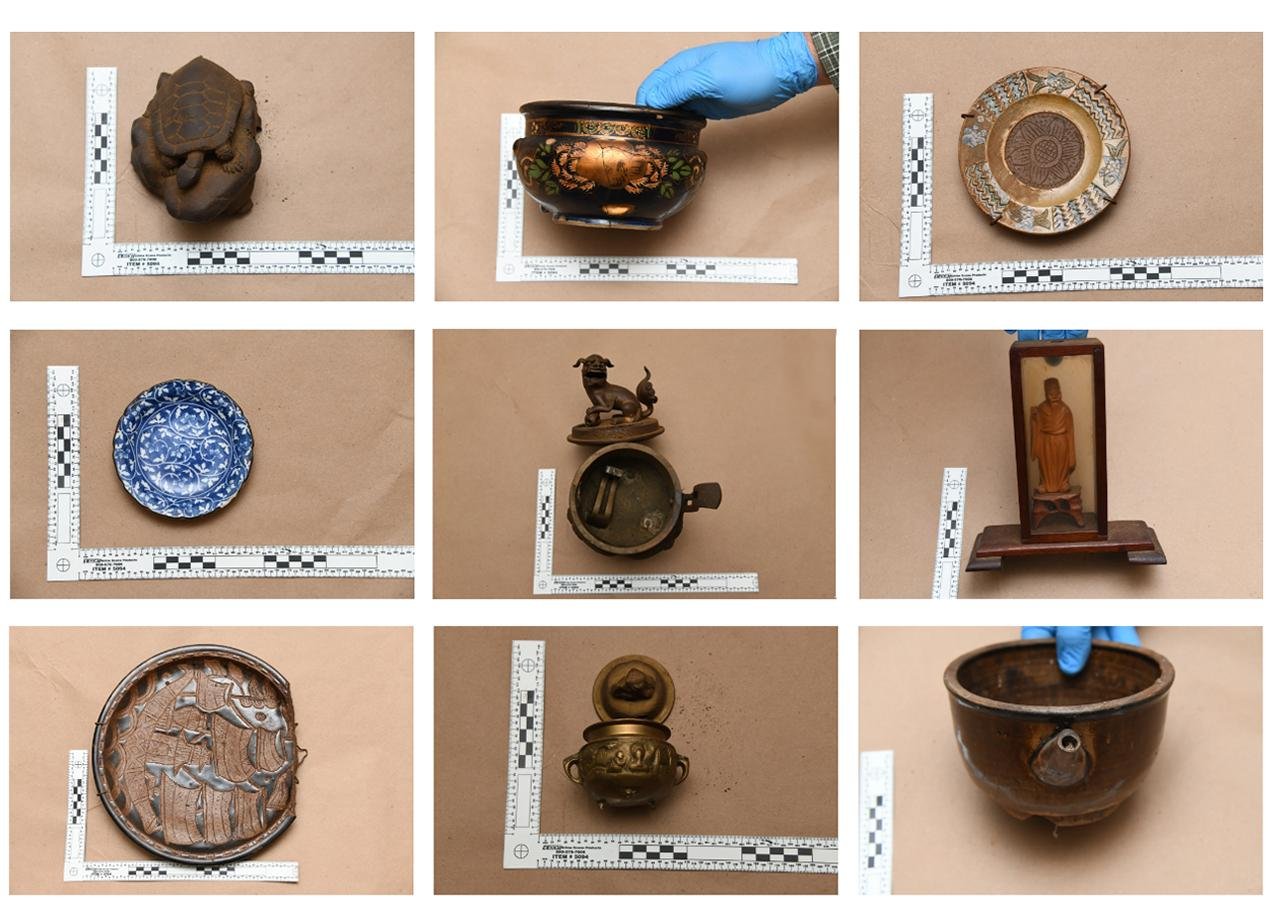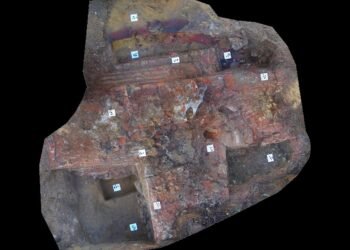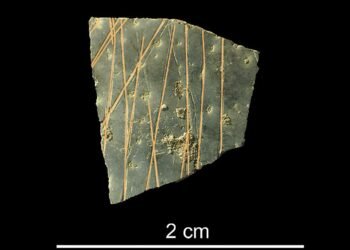The Federal Bureau of Investigation (FBI) has successfully orchestrated the return of 22 culturally significant artifacts to Okinawa, Japan, marking a pivotal moment in the restoration of cultural heritage lost during World War II.

The artifacts, which include painted scrolls, a hand-drawn map of Okinawa, pottery, and ceramics, were discovered in the attic of a Massachusetts residence belonging to a deceased World War II veteran. The family, who stumbled upon the treasures while sorting through their father’s belongings, promptly notified the authorities.
According to Special Agent Geoffrey J. Kelly from the FBI Boston Field Office, the family’s discovery triggered an investigation that uncovered the origins of these artifacts. Kelly stated, “There were some scrolls, there were some pottery pieces, there was an ancient map. They looked old and valuable.” Further research revealed that six painted scrolls from the 18th-19th centuries had been entered into the FBI’s National Stolen Art File approximately 20 years prior.

The significance of these artifacts extends beyond their monetary value; they serve as integral pieces of Okinawan history and cultural identity. Kelly emphasized, “A nation’s cultural identity is really summed up in the artifacts and the history. This is what makes a culture. And without it, you’re taking away their history.” The typewritten letter found alongside the artifacts confirmed that they were looted during the final days of World War II.

Facilitated by the FBI, in collaboration with the Department of Defense and the Smithsonian Institution, the artifacts were transported to the National Museum of Asian Art in Washington, D.C. Colonel Scott DeJesse and the U.S. Army Civil Affairs & Psychological Operations Command played a pivotal role in securing and transporting the artifacts to Okinawa Prefecture, Japan, where the official handover took place on March 15, 2024.
Denny Tamaki, the Governor of Okinawa Prefecture, said: “It is very meaningful that the FBI, along with others in the U.S. Government, have cooperated to realize this return.”
Jodi Cohen, Special Agent in Charge of the FBI Boston Division, commended the family for their decision to relinquish the artifacts, stating, “This case highlights the important role the public plays in recognizing and reporting possible stolen art.”

The repatriation of these artifacts not only rectifies past injustices but also serves as a testament to the ongoing efforts to preserve cultural heritage and foster international cooperation. As Kelly noted, “It’s really important for us as stewards of artifacts and cultural patrimony to make every effort that we can to see that these go back to the civilizations and the cultures in the countries where they belong.”























